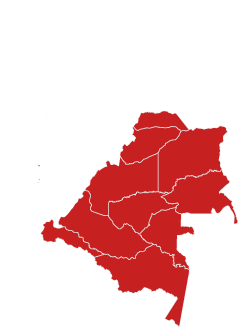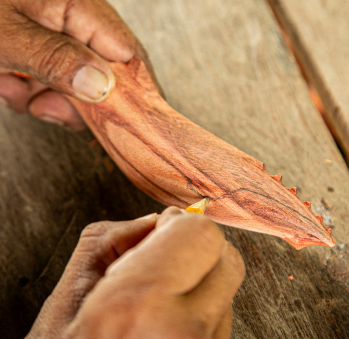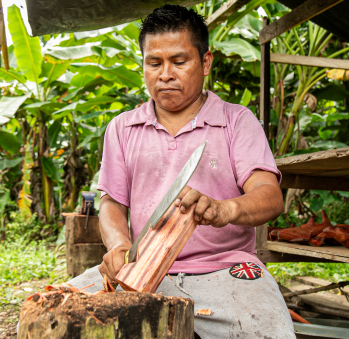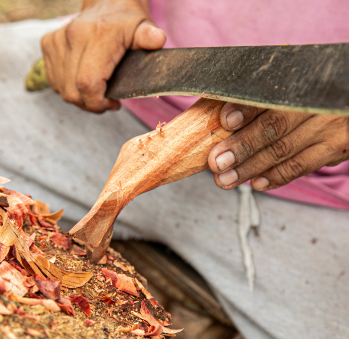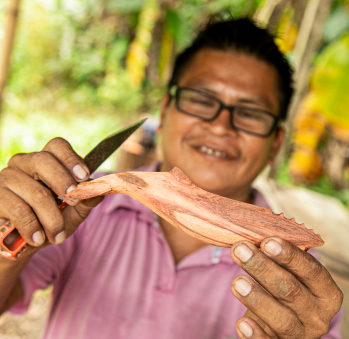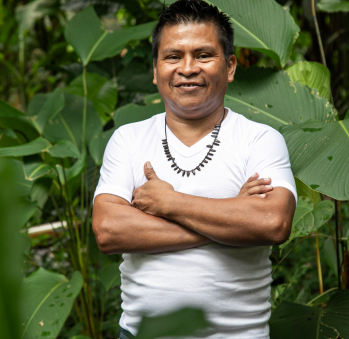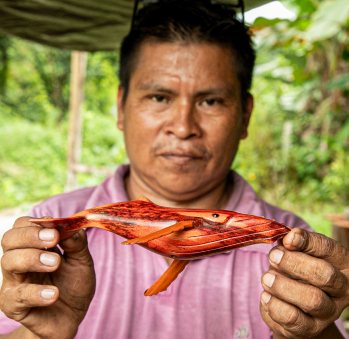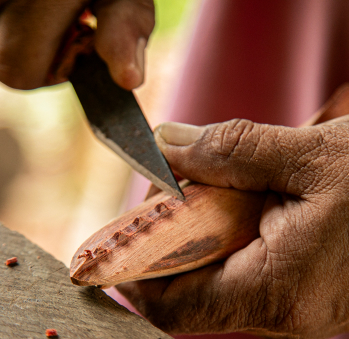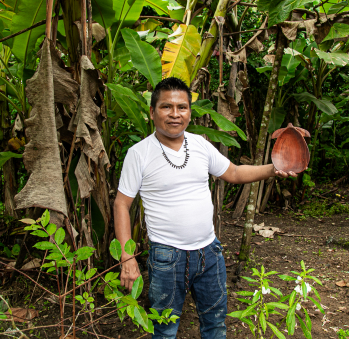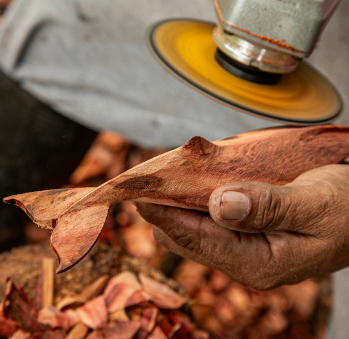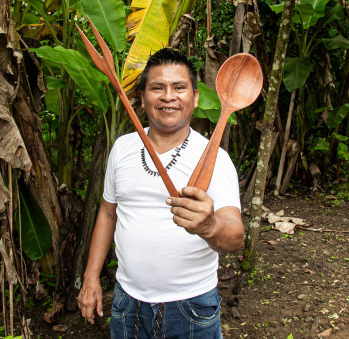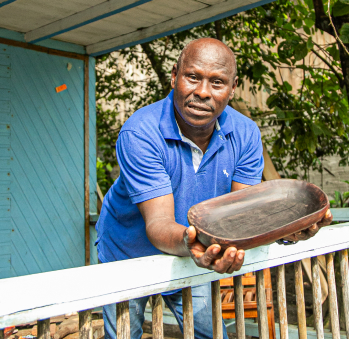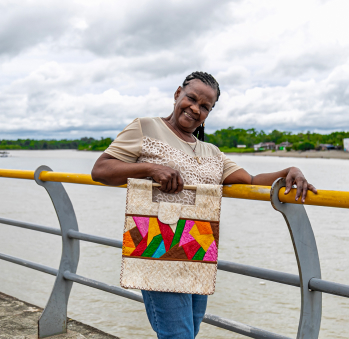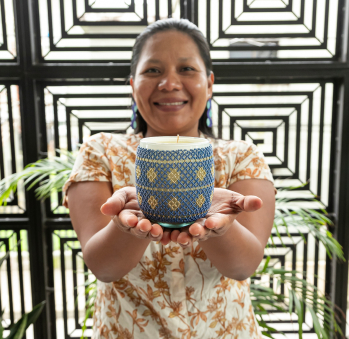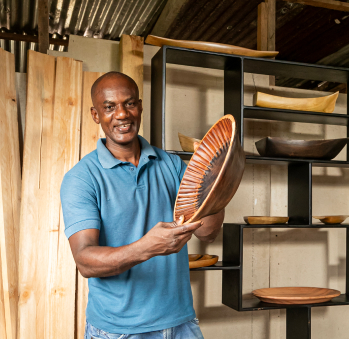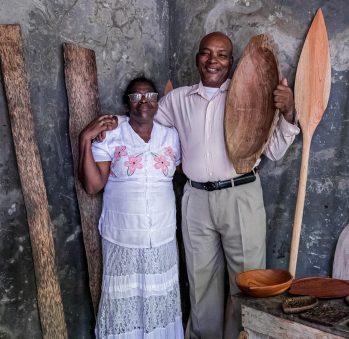Denis Onorio Mecha Banubi
Workshop: Hermanos Mecha
Craft: Trabajo en madera
Trail: Choco Route
Location: Bahía Solano, Chocó
Denis pays homage to his Embera roots by nurturing the language that breathes life into his existence. He sees this as an act of resistance, akin to many other Colombian indigenous groups striving to ensure their survival. Denis speaks of his parents who settled in Bahía Solano in 1981 after years of nomadic life. His mother was born along the Bojaya River Alto, and his father in Alto Baudó. His father imparted to him the art of wood carving, a skill passed down through generations just as women learn basketry and the craft of beaded jewelry. Within these communities, specific roles and professions remain divided between genders.
He reminisces about learning to carve a staff of command at the tender age of 12. These staffs, made from oquendo wood, held spiritual significance and were crafted for traditional doctors known as jaibanás. Denis inherited this artistry from his adept artisan father, who was also the founding member of their indigenous community, Duma, signifying ancestral wisdom in the Embera language. These staffs embody precisely that – ancestral wisdom.
Under the tutelage of these venerable elders, Denis learned intricate carving techniques, etching representations of eagles or snakes onto the staffs. Each animal symbolizes a specific function within their symbolic world, embodying the spirits used by jaibanás for healing rituals. For instance, to treat a snakebite, a jaibaná would wield a staff that countered the venom, or call upon hawks, natural predators of snakes, to neutralize the threat. Denis’s dedication to carving animals stems from understanding their magnificent qualities.
The allure of these stories, coupled with the picturesque scenery of Bahia Solano, has naturally drawn tourists seeking their own staffs of command. Craftsmen oblige but utilize alternative woods like gayacán, ensuring respect for indigenous customs by not infusing them with the sacred spiritual essence. However, for these staffs to function as healing instruments, a jaibaná must handle them. Such is their significance that when there’s no heir to pass the staff on to, they are interred with their owner. Oquendo wood’s durability is such that staffs over a century old have been found at jaibaná burial sites.
Denis mentions that in nearly fifty years as a craftsman, he has never encountered a standing oquendo tree. He has always worked with fallen branches of this sacred tree nestled within Choco’s rainforests. Unfortunately, he laments that this revered tree has been targeted by those seeking its extinction.
In response to this plight, Denis has begun working with less endangered woods like choibá and barrigona palms, tagua, and zancona. These were used by his ancestors for their resilience in building homes. He discerns the uniqueness of tagua seeds, often referred to as vegetal ivory, and the allure of zancona, which he describes as resembling chonta but black with distinctive stripes. Denis incorporates these materials into crafting trays, canoes, ladles, and necklaces. Due to his declining eyesight, he now focuses on crafting larger pieces like dolphins, whales, reptiles, and sharks. Above all, his mission is to pass on this wisdom to his heirs, firmly believing that this heritage courses through their veins and must be safeguarded at all costs.
Craft
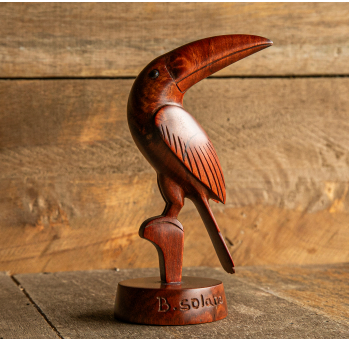
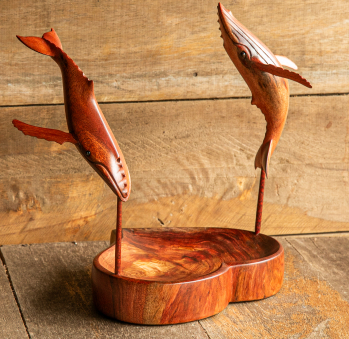
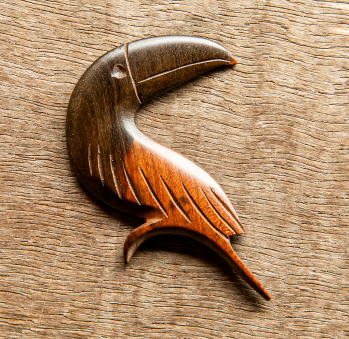
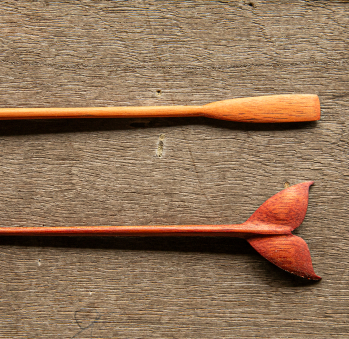
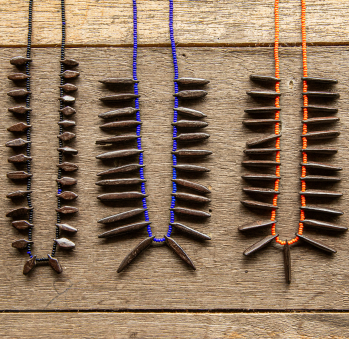
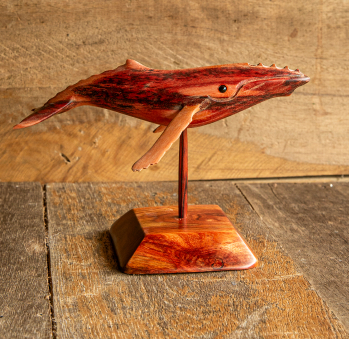
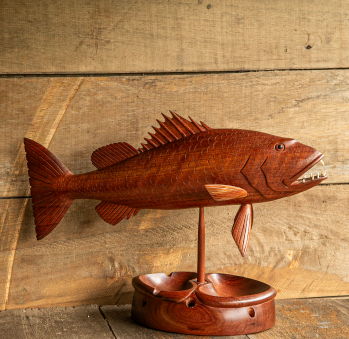
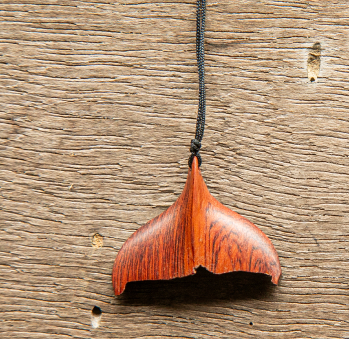
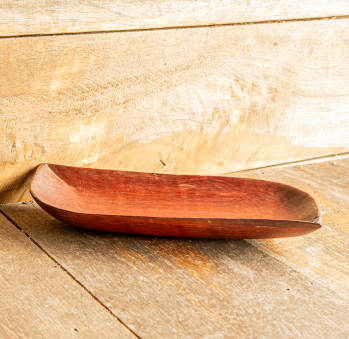
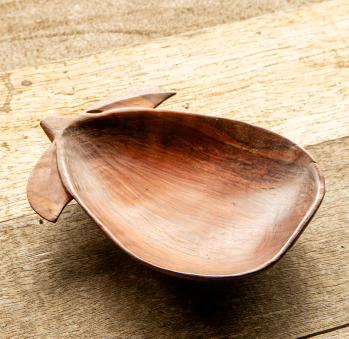
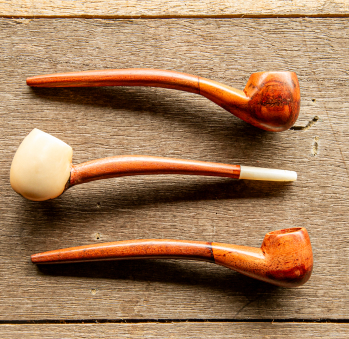











Artisans along the way
Artisans along the way
No puede copiar contenido de esta página

